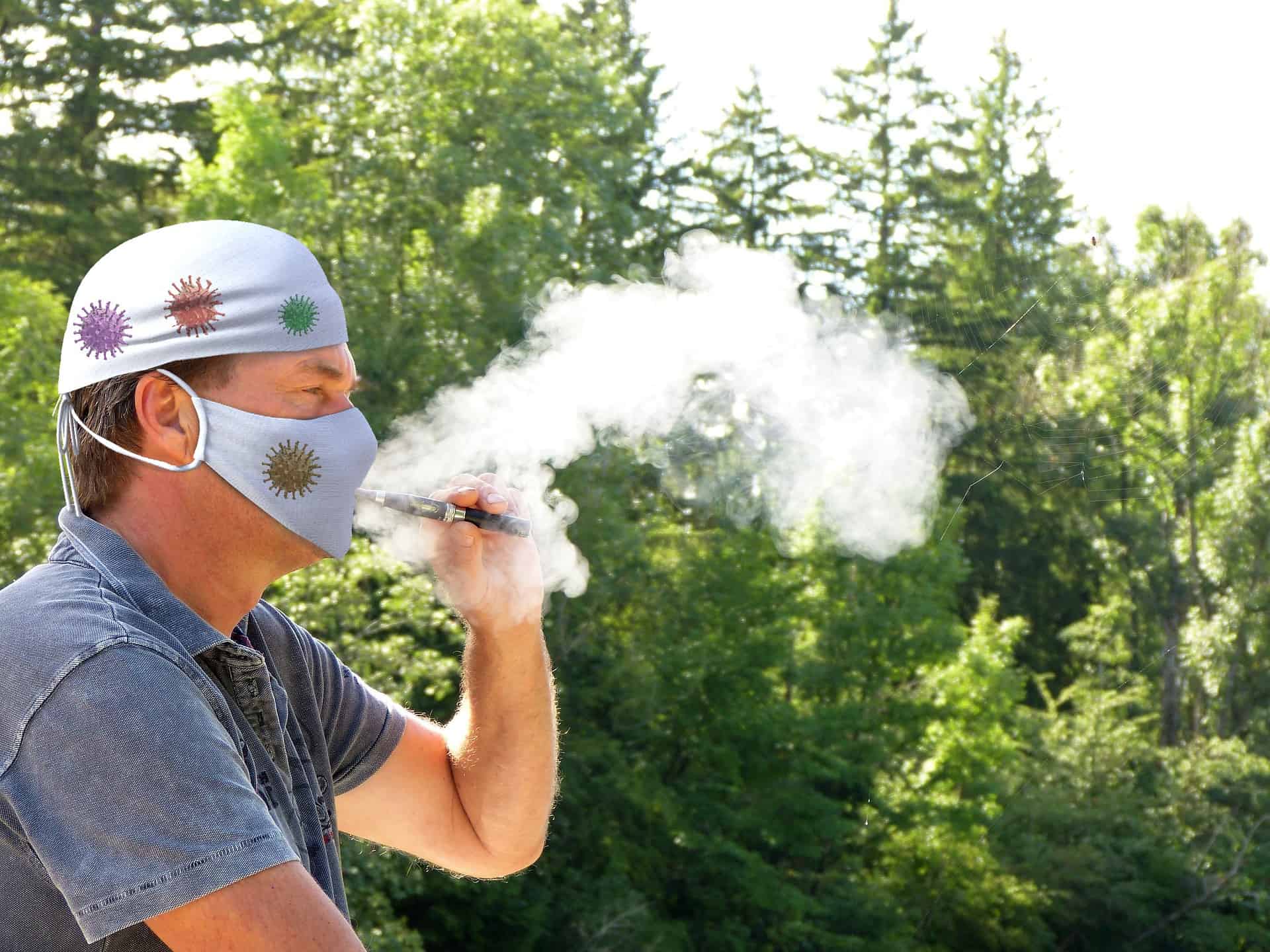
South Africa is facing her second wave of COVID-19 infections with a different variant as the first wave. The government under the leadership of the command council had to act swiftly with the first wave to try and minimize the grave consequences of a pandemic on our healthcare and economic systems. This led to the Regulations of the Disaster Management Act being implemented together with a structured level 1 to level 5 lockdown.
Any lockdown limits, and in serious cases, denies many of the human rights of a person. These limitations can be justified if they are in the interest of Public Policy. Two of the biggest bans we faced was the ban on alcohol and cigarettes. These bans were implemented without having evidence that there is a direct link between the use of these substances and the capacity of our healthcare system to handle this pandemic. As a result, the wine and tobacco industries suffered great financial losses which will take years to rectify. The British Tobacco South Africa (BATSA) took the Cooperative Governance and Traditional Affairs (COGTA) to court as they believed that the ban was unconstitutional.
The Western Cape High Court ruled that the early ban of cigarette was unlawful as it did not further the objectives set out in the regulations. All South African laws must be in line with the Constitution of South Africa, and as the Western Cape High Court Judges rightfully stated that the cigarette ban does not and cannot withstand constitutional scrutiny. The BATSA belief that government did not justify their decision in law or science as there was no proof that the ban on cigarettes would lead to a decrease in admission to hospitals, specifically Intensive Care units (ICU). The Court found in favour of BATSA and stated that the ban was unnecessary and unconstitutional. Nonetheless, the Court took into consideration that there was a great responsibility on the Government to act swiftly to ensure that the boarder public was protected and that our healthcare systems were not being overwhelmed and thereby maximizing the ability of our them to save lives. The Application was therefore granted with each party paying their own cost.
The world is still in its early phase of the vaccine with no concrete evidence that the vaccine will cure COVID-19 or any other variants of Covid-19. This makes the possibility of a third and a fourth wave probably. During the second wave, the alcohol ban was reimplemented and one cannot help to think whether a ban on cigarettes will also be re-implemented.
Until Government has concrete evidence in law and science that there is a direct link between smokers overwhelming the health care system, a further ban is unlikely. An average smoker smokes about one pack of cigarettes per day with many adults smoking since their teens. This means the damages that smoking causes has most likely affected their lungs already and there is no evidence that a temporary ban will increase the functionality of your lungs. Considering the judgment as handed down, it will be interesting to see how Government will implement, or more importantly, justify another ban on cigarettes without answering these crucial points raised by the Judges. The cigarette ban in the near future is therefore improbable to return unless it can be proven that there is a direct link between smoking, the selling and distributing of cigarettes, and the pressure on our health care system.
Should you have any questions relating to the Judgement on the cigarette ban or the regulations contained in the Disaster and Management Act, kindly contact us at BBP LAW ATTORNEYS. We are ready to assist.
Falon-Lee Mars
falon@bbplaw.attorney
Candidate Attorney


Recent Comments